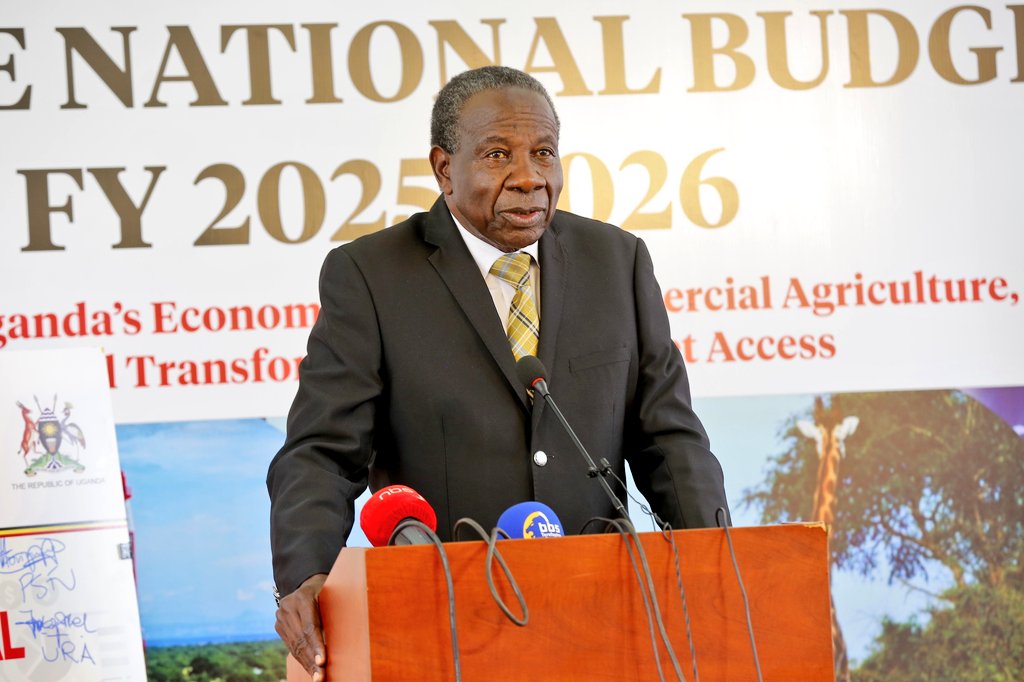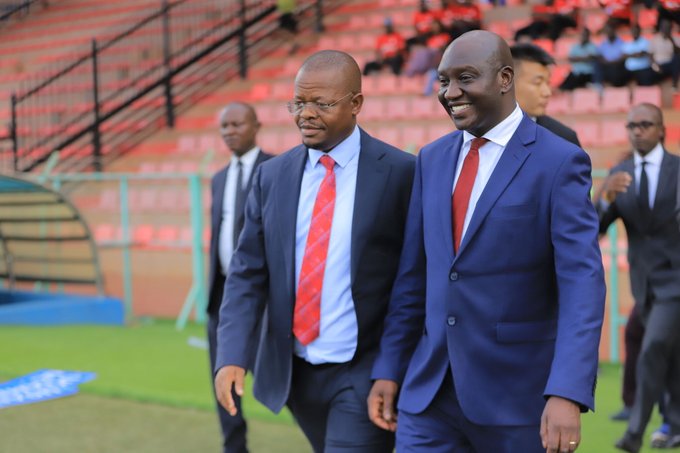2025/26 BUDGET: Kasaija promises magic but can the finance minister deliver
Standing before stakeholders from government, civil society, and development partners, Kasaija unveiled plans that, on paper, sound like a silver bullet for Uganda’s chronic planning woes: more participation, better project execution, and the end of ghost roads and white-elephant investments.

In a speech dripping with optimism and perhaps just a hint of illusion, Finance Minister Matia Kasaija officially launched Uganda’s National Budget Month for the financial year 2025/26, with lofty promises of transparency, citizen empowerment, and an economy tenfold its current size.
Standing before stakeholders from government, civil society, and development partners at Uganda Media Centrw on Thursday, 29th May 2025, Kasaija unveiled plans that, on paper, sound like a silver bullet for Uganda’s chronic planning woes: more participation, better project execution, and the end of ghost roads and white-elephant investments.
All this, thanks to what he called a “landmark,” the launch of the National Public Investment Management (NPIM) Policy.
“Our ambition is to grow Uganda’s economy from USD 50 billion to USD 500 billion in the next 15 years,” Kasaija said, without flinching, perhaps assuming the shilling has a few superpowers we haven’t yet discovered.
The new NPIM Policy, according to the minister, will finally fix what Ugandans have long complained about: delayed projects, half-baked infrastructure, and public assets that deteriorate faster than a campaign promise. It will ensure, he says, that “every shilling invested delivers real value.”
In classic fashion, he reiterated the government’s love affair with “inclusive budgeting,” boasting of ongoing collaborations with civil society since 2018. Thanks to this union, Ugandans are now supposedly enjoying “unrestricted participation” in the budget process, “greater access to budget information,” and, wait for it, “enhanced civic empowerment.”
Still, despite the confident rhetoric, the minister was vague on the how. How will this budget inclusivity trickle down to the average market vendor in Soroti? How will a shilling that barely buys a matchbox “deliver real value”? And most importantly, how will these reforms succeed where previous ones limped?
But sarcasm aside, Kasaija struck a nerve on something important: Budget Month could be more than just government talk. With activities lined up to engage citizens, there is potential for real dialogue. If Ugandans show up, not just physically, but mentally and critically, it could be a rare opportunity to hold planners accountable before money is allocated, not after it disappears.
He also acknowledged the role of partners, both government and civil society, in coordinating the budget calendar. This synergy, he claimed, is what will “deepen citizen engagement and strengthen ownership of the budget process.”
Well, here’s hoping that “ownership” translates into potholes being filled, schools being built on time, and hospitals stocked with more than just expired gloves.
With his final flourish, Kasaija declared the Budget Month officially launched. For now, we watch, we listen and we wait to see if this is yet another performance or the start of Uganda’s long-awaited budget miracle.







